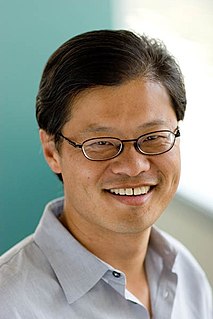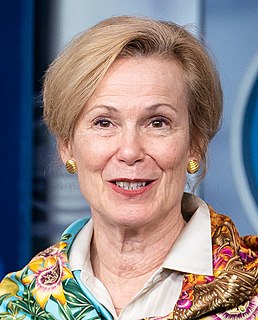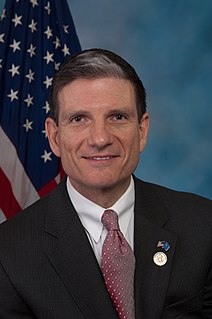A Quote by Jerry Yang
There's definitely a huge opportunity for businesses to transform their operations and decision making by using data.
Quote Topics
Related Quotes
What I learned from my work as a physician is that even with the most complicated patients, the most complicated problems, you've got to look hard to find every piece of data and evidence that you can to improve your decision-making. Medicine has taught me to be very much evidence-based and data-driven in making decisions.
There is a huge need and a huge opportunity to get everyone in the world connected, to give everyone a voice and to help transform society for the future. The scale of the technology and infrastructure that must be built is unprecedented, and we believe this is the most important problem we can focus on.
With the communication internet, whole industries have been disrupted. You're in the publishing industry, you understand that. Before, we had newspapers, magazines - now you're on the web. I'm in book publishing. I don't have to tell you what's happened to us. Television has taken a hit. The music industry. But, thousands of new businesses have emerged on this new communication revolution platform. Not just Google, Facebook, and Twitter. There are thousands of operations. Businesses that are doing the platforms, the apps. They're mining the big data. They're creating the connections.
When I talk about the ability for fintech to promote kind of economic growth and productive citizens coming in, using different data and being able to lend to small businesses, see those small businesses start to grow - of course, that means more money for their families, you know, the small-business owner families. They start to hire people.
One third of the economy goes through 'QuickBooks' in terms of businesses invoicing other businesses. Each invoice contains a connection between vendors, suppliers, and customers, and also the price of that connection. Representing the payment graph is huge opportunity and something no other company can do.
Disruptive technology is a theory. It says this will happen and this is why; it's a statement of cause and effect. In our teaching we have so exalted the virtues of data-driven decision making that in many ways we condemn managers only to be able to take action after the data is clear and the game is over. In many ways a good theory is more accurate than data. It allows you to see into the future more clearly.

































